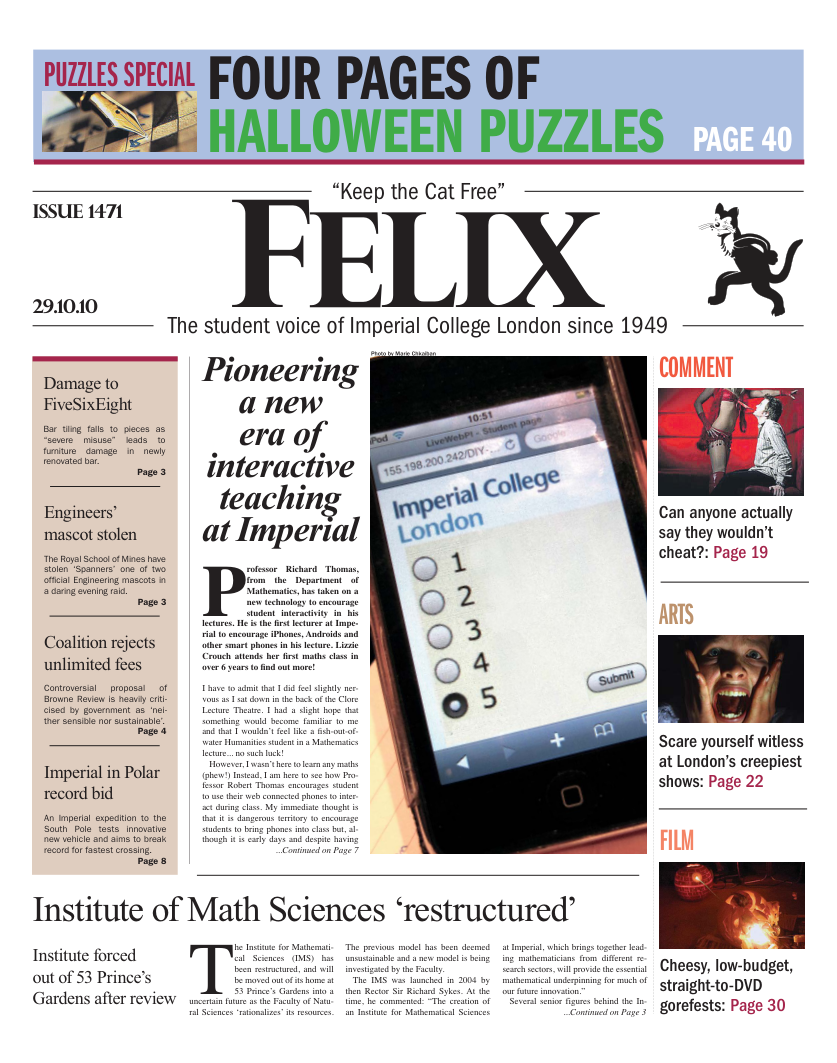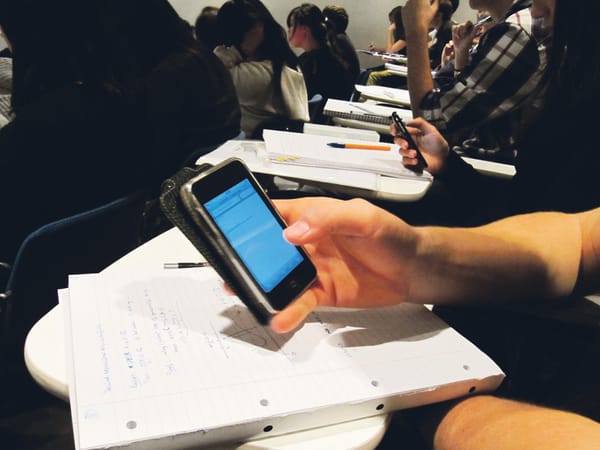Government rejects Browne Review
Universities Minister David Willetts dismisses unlimited fees as neither sensible nor sustainable
Government ministers have confirmed that university tuition fees will be capped in England, meaning that the government is rejecting a key element of the Browne report.
The report, led by Lord Browne, suggested universities should be allowed to set their own fees but face a levy on amounts over £6000. Speaking this week, the universities minister David Willetts dismissed Browne’s proposal of unlimited fees as “neither sensible nor sustainable”.
Meanwhile, business secretary Vince Cable said that the government was still considering its reform of higher education and nothing could be ruled out yet. He did, however, add that “I think that particular approach [of unlimited fees] was one we’re not going to pursue”.
This news comes as great relief to students who already face substantial debts of over £30,000 upon leaving university. It has been argued that if elite universities charge fees of upwards of £10,000 a year, applications are more likely to be based on financial means rather than ambition.
The Russell Group, representing the UK’s top universities, has objected to this latest news. “Rowing back from Browne and re-imposing a cap would be a real waste of an opportunity to allow our leading universities to provide the high quality education that their students deserve,” said Dr Wendy Piatt, the director general.
The government is aware that imposing a cap on tuition fees may leave universities no better off. A minimum of £6000 for the cheapest degrees is required to replace the £2.9 billion cut in government funding to universities. They will therefore generate no extra income than before. In order for universities to benefit from a reformed system, David Willetts has suggested reducing the levy proposed by Browne on fees above £6000: “You could have a lower rate of levy or no levy and that would enable universities to hold onto more of the resources that they collect”.
The arguments against the proposed steep rate of the levy are reinforced by top universities. An institution seeking to receive £9000 per student would have to charge about £13000. Malcolm Grant, of UCL, said it was “a disincentive to invest in the improvements to facilities and staffing support for an excellent student experience that globally competitive universities simply must make”.
Every university is likely to end up charging the maximum tuition fees. When top-up fees of £3000 were introduced in 2006 we were told a market would be created where competition between universities would drive down the fees. However, only two universities, Leeds Metropolitan and Greenwich),currently charge less than the maximum amount. So when the cap is potentially doubled, Browne’s proposal that a market will be established is unlikely considering past experience.
Willetts hopes that measures of fee levels will be put before parliament “before Christmas”, in order for changes to be introduced in 2012.






